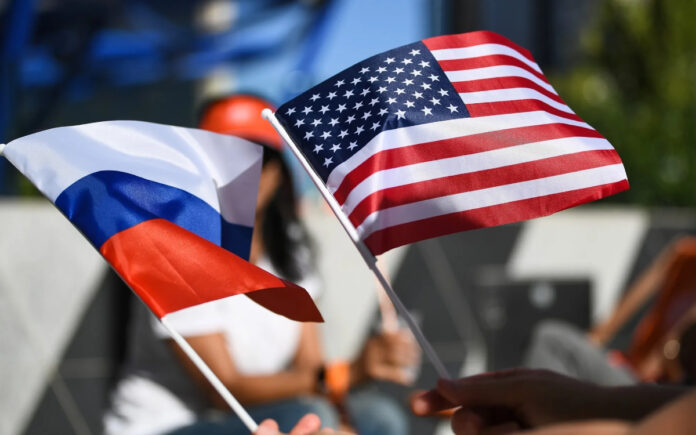Washington: Western nations, led by the United States, have implemented strict sanctions to block Russia’s access to advanced technology in the wake of its invasion of Ukraine. However, despite these efforts, Russia has managed to secure critical American-made electronic components for its military, raising significant concerns about how it bypasses these restrictions.
Recent investigations have uncovered a network of intermediaries facilitating Russia’s acquisition of chips manufactured by U.S. company Texas Instruments (TI). These components are crucial for the production of weapons such as drones, guided bombs, and missiles that have been deployed in the conflict with Ukraine.
According to Bloomberg, Russian distributors have embedded TI’s online store into their own platforms, simplifying the process for buyers in cities like Moscow and St. Petersburg to browse and order semiconductors. Once ordered, the chips are shipped through third-party countries, including Hong Kong, before reaching Russia.
One distributor reportedly processed over 4,000 orders worth $6 million this year. Of this, approximately $4 million in components were sent to Russian military contractors, while the remaining shipments likely supported civilian industries. Documents also indicate that some shipments were routed through Hong Kong companies such as Sure Technology and Chipower Electronics. Freight services, including Sea Global SCM Ltd., and carriers like Aeroflot, played vital roles in ensuring the goods reached their destinations in Russia.
The ease of these operations has alarmed U.S. officials. In response, the U.S. government has urged American technology firms to strengthen controls and monitor the end use of their products more rigorously.
While these chips may appear basic compared to cutting-edge technology, their role in manufacturing modern weapons is indispensable. Experts caution that even small shipments of these components can significantly bolster Russia’s military-industrial complex, underscoring the need for immediate action.
Also Read | The Nostradamus of the Balkans: Baba Vanga’s Warning and Syria’s Crisis
The scale of Russia’s technology acquisitions goes beyond Texas Instruments. Last year, Russia imported over $1 billion worth of chips from U.S. and European manufacturers, including Intel and AMD. Many of these transactions were approved by Russian authorities and routed through intermediary countries, enabling Moscow to sidestep sanctions.
Once inside Russia, these components help sustain the Kremlin’s military efforts. Curbing this shadow supply chain remains a daunting task. Analysts emphasize that the U.S. and its allies must enhance oversight of exports to third-party nations. Without stricter controls, the flow of critical technologies risks perpetuating the conflict in Ukraine.



